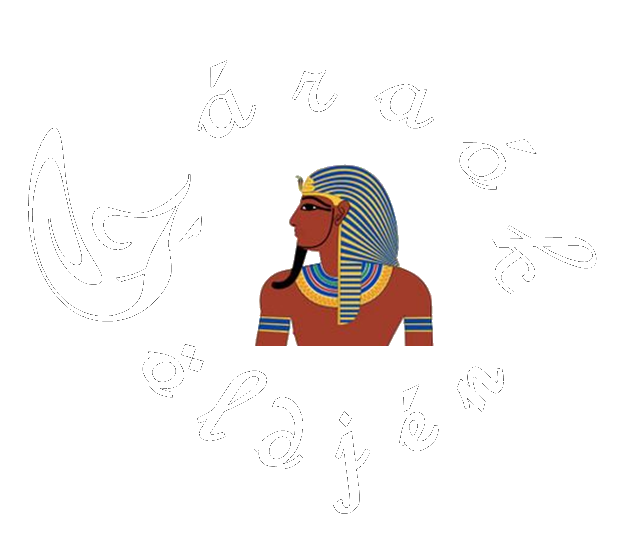Plants for Health
from ancient Egypt to present day
The HEFS AEC has the pleasure to announce a multidisciplinary online conference with English and Hungarian sections, where we discuss the health aspects of a wide range of plants in the form of lectures or posters with sections in Hungarian and English, from ancient Egyptian times until the present day.
Dates of the conference: October 14-16, 2021.
Duration of lectures: 20 minutes
Language of the lectures: English or Hungarian
Participation is free of charge
Connection: mebt@mebt.hu
Conference is to get to learn better the ideas or their practical applications: where and in what form they appear, how their knowledge were passed on locally, and how they were transmitted to different locations. Other considerations, where and how they evolved, and what physicochemical or physiological properties of the plant made this possible or brought it about.
Plants affect our lives in a variety of ways and forms. Textual, pictorial materials, objects and plant remains from excavations reflect this, as do folk beliefs and religious rites or beliefs.
During their 3,000-years history, the ancient Egyptians consumed and utilized many plants that are popular, and known in the world today. For example, emmer-wheat, barley, lotus fruit, cucumber, melon and watermelon, lupin, lentil, peas, chickpeas, fenugreek, onion, garlic, leek, tiger nut, taro, purslane, celery, lettuce, cabbage, radish or endivia were consumed. Fruits include figs, sycamore figs, dates, dum fruits, grapes, pomegranates, fruits of Christ’s thorn, olives, to name just a few. They enjoyed spices such as coriander, cumin, dill, thyme, sage, juniper, mint …, while wormwood, conyza, acacia, maerua, tamarisk, desert date, carob, castor, mustard, cinnamon, incense, myrrh, etc. can also be found in medical prescriptions. Still the names of many plants are unknown or their identification is dubious.
Some plants were thought to have been derived from gods, others are encountered in myths, and many connecions are known only because, in particular circumstances, they were attributed with magical power or were used in a ceremony.
The aim of the conference focus on different fields of plant based medicine, so we seek lectures in the fields of pharmaceutical history, medical history, folk medicine, healing methods and materials of historical ages, dietetics, pharmacology and pharmacognosy, phytotherapy, social history, ethnobotany, plant physiology and other related fields. In addition, we consider the role of plants in religious life and beliefs to be important, because for many peoples, as in Egypt, healing magic was fundamental. Thus, application of speakers on these topics are also warmly welcome.
Sections planned
History of healing and nutrition from ancient Egypt to the present day
Which plant, how, where, by whom, and when people used to heal, maintain health, or prevent disease in different parts of the world; or what earlier people ate in everyday life, what were the festive foods / drinks, and what were the expected results; also, related issues raised by ethnographic research.
Medicines and pharmaceutical science of historical ages in the light of sources
In each era, who, how and why recorded knowledge about medicine; what principles were used to treat patients, or to maintain health; what are the popular explanations of these issues.
Herbal medicine and present day medicine
According to our current knowledge, what can we assess about the active ingredients of a given plant, the mechanism of action and its intensity, and what biochemical relationships can be recognized from their interaction.
Religious views and beliefs related to plants
By whom, where, when, which special magical properties have been attributed to plants, what is the role of plants in the social context, how it is explained, and how have plants been incorporated into everyday life / holidays or healing practices.
President of the Conference
Dr. Hedvig Győry PhD
Secretary of the Conference
Hedvig Király
Scientific Committee:
Dr. Victoria Asensi-Amoros, Balogh Csilla PhD, Prof. Dr. Anna Blázovics DsC, Prof. Dr. Rosalie David, Dr. Szabolcs Dobson PhD, Prof. Dr. Judit Forrai DsC, Prof. Rim Hamdy, Erzsébet Kótyuk PhD, Prof. Ergün Lafli, Ildikó Marton, Krisztina Scheffer, Dr. Szentmihályi Klára PhD, Prof. Dr. Éva Szőke DsC, Paula Veiga, Assoc. Prof. Hana Vymazalová Ph.D.
Abstracts are expected up to 300 words at mebt@mebt.hu until May 30, 2021 and should be accompanied by a short CV.
The conference proceedings will be published in Aegyptus et Pannonia VII.
We sincerely hope that the conference will be professionally useful for all participants, and it will provide an opportunity to renew personal relationships and build new ones.




